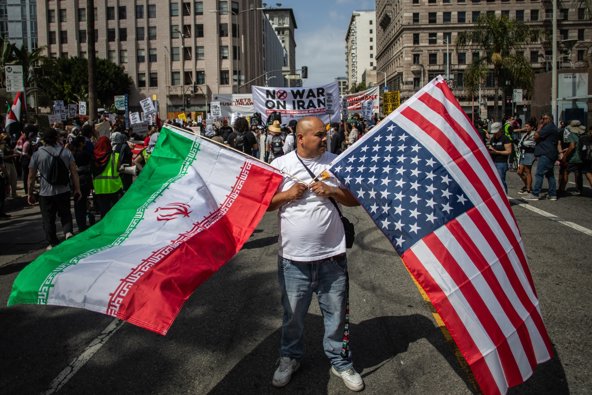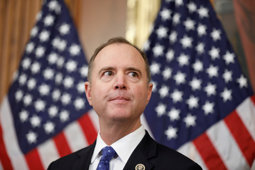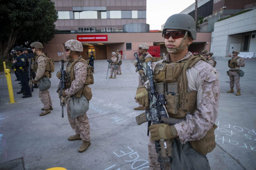
US Strikes on Iran’s Nuclear Sites Boost American Credibility
US and Israeli strikes cripple Iran’s nuclear sites, spark regional debate, and bolster American credibility, as experts weigh lasting impact.
Operation Decimates Iranian Nuclear Facilities
The United States, with support from Israel, launched a surprise assault on Iran’s Fordow, Natanz, and Isfahan nuclear facilities over the weekend, deploying B-2 stealth bombers, bunker-buster bombs, and cruise missiles in a coordinated attack. The operation, described as one of the most complex and secretive military actions in recent history, aimed to destroy Iran’s uranium enrichment capabilities and halt its pursuit of nuclear weapons.
Middle East analysts and US officials agree that the strikes caused substantial, lasting damage to Iran’s nuclear infrastructure. Iran’s own Foreign Ministry admitted its installations were “badly damaged,” a rare public acknowledgment of the attack’s impact. Jacob Olidort, director at the Center of American Security, noted that Iran’s reaction was an effort to “save face” after US and Israeli objectives were achieved. “Israel says it has met its objectives, which is destroying Iran’s ability to enrich uranium,” Olidort said. International Atomic Energy Agency Director Rafael Grossi called the destruction “very, very, very considerable.”
US Credibility Strengthened, Ceasefire Negotiated
Former Secretary of State Condoleezza Rice described the strikes as a “shot in the arm for American credibility.” She emphasized that the operation set Iran’s nuclear ambitions back significantly, explaining, “for a while at least, it will be hard to build a nuclear weapon.” Rice criticized early, “low-confidence” intelligence reports that downplayed the impact, labeling them “irresponsible.” She added, “A crippled Iran is good for the region.”
Mike Pompeo, who served as Secretary of State under President Donald Trump, praised the administration’s decisive leadership and the message it sent to adversaries worldwide. “America is back leading in the world,” Pompeo said, arguing the US is now closer to eliminating the risk of a nuclear-armed Iran. He credited the military operation for making not only the Middle East but also the West safer.
Following the strikes, President Trump leveraged maximum pressure on both Israel and Iran to broker a ceasefire that ended the “12-Day War” in less than two weeks. Trump was praised by NATO Secretary-General Mark Rutte, who commended the US for decisive action that “makes us all safer.” Trump also cautioned Israel against further escalation and warned Iran that the US would strike again if it attempted to rebuild its nuclear program.
Regional Security and American Deterrence
The aftermath of the strikes saw Iran retaliate with a missile barrage against Al Udeid Air Base in Qatar, a major US military hub, but the attack resulted in no casualties due to effective missile defense by a young crew of US soldiers and support from Qatar. Gen. Dan Caine, Chairman of the Joint Chiefs of Staff, hailed the defense as the largest Patriot engagement in US history, crediting the soldiers’ quick thinking and expertise for averting disaster.
The military operation also triggered global diplomatic and policy discussions. While some reports questioned the extent of Iran’s nuclear losses, top US and Israeli officials insisted the objectives were met. “President Trump directed the most complex and secretive military operation in history. And it was a resounding success,” said Defense Secretary Pete Hegseth, who noted that the campaign created the conditions for peace and a halt to regional conflict.
As political speculation swirls around future leadership, with figures like Mike Pompeo not ruling out a 2028 White House run, the strikes have redefined US engagement in the Middle East. Both supporters and critics agree that American deterrence has been renewed and that the region—and the world—faces a new strategic landscape shaped by the events of the past weeks.
While questions remain regarding Iran’s remaining capabilities and intentions, the strikes have established a new baseline for US policy: a willingness to act decisively to prevent nuclear proliferation, even at the risk of short-term escalation, in pursuit of long-term security and credibility on the global stage.






